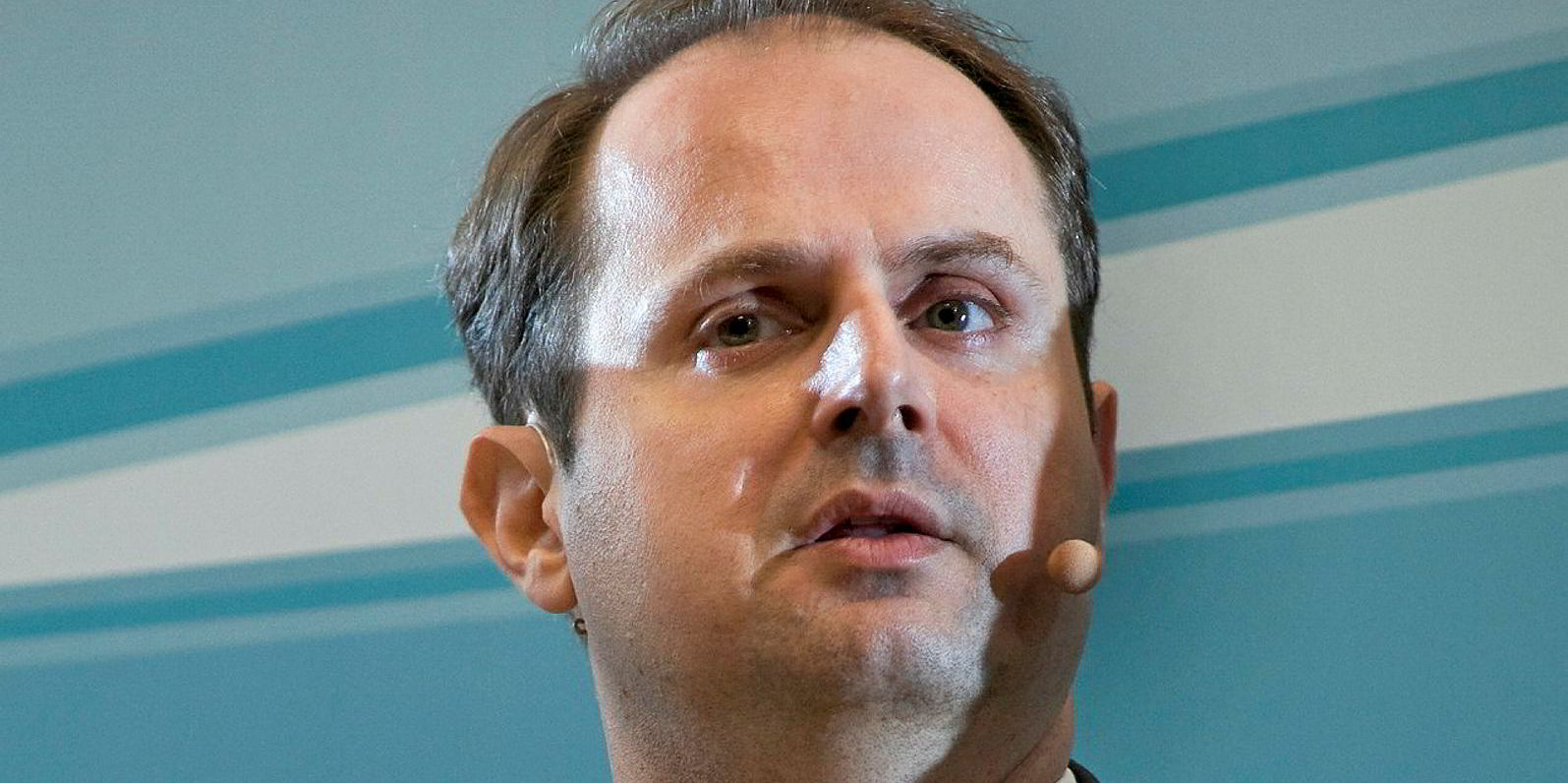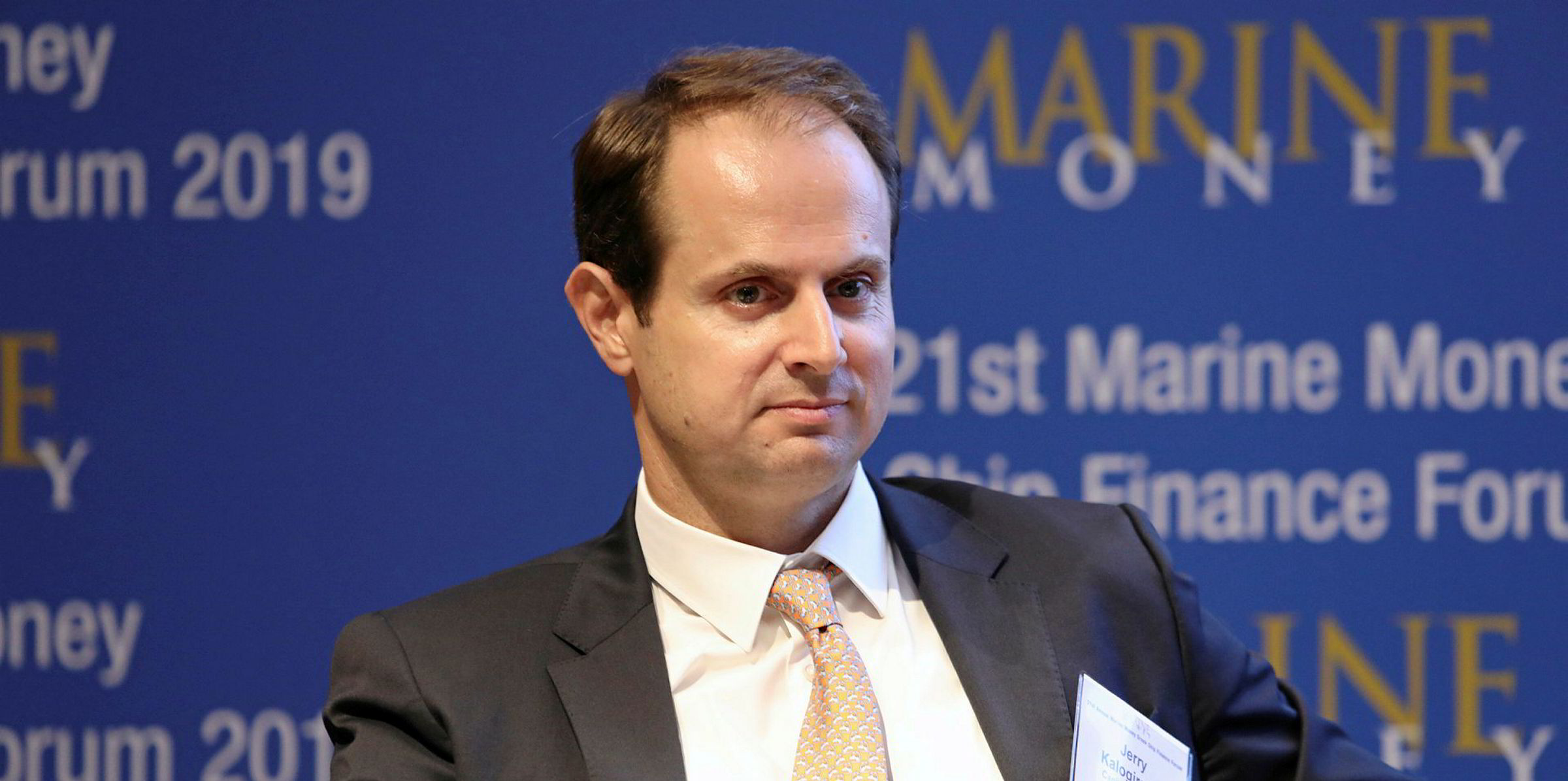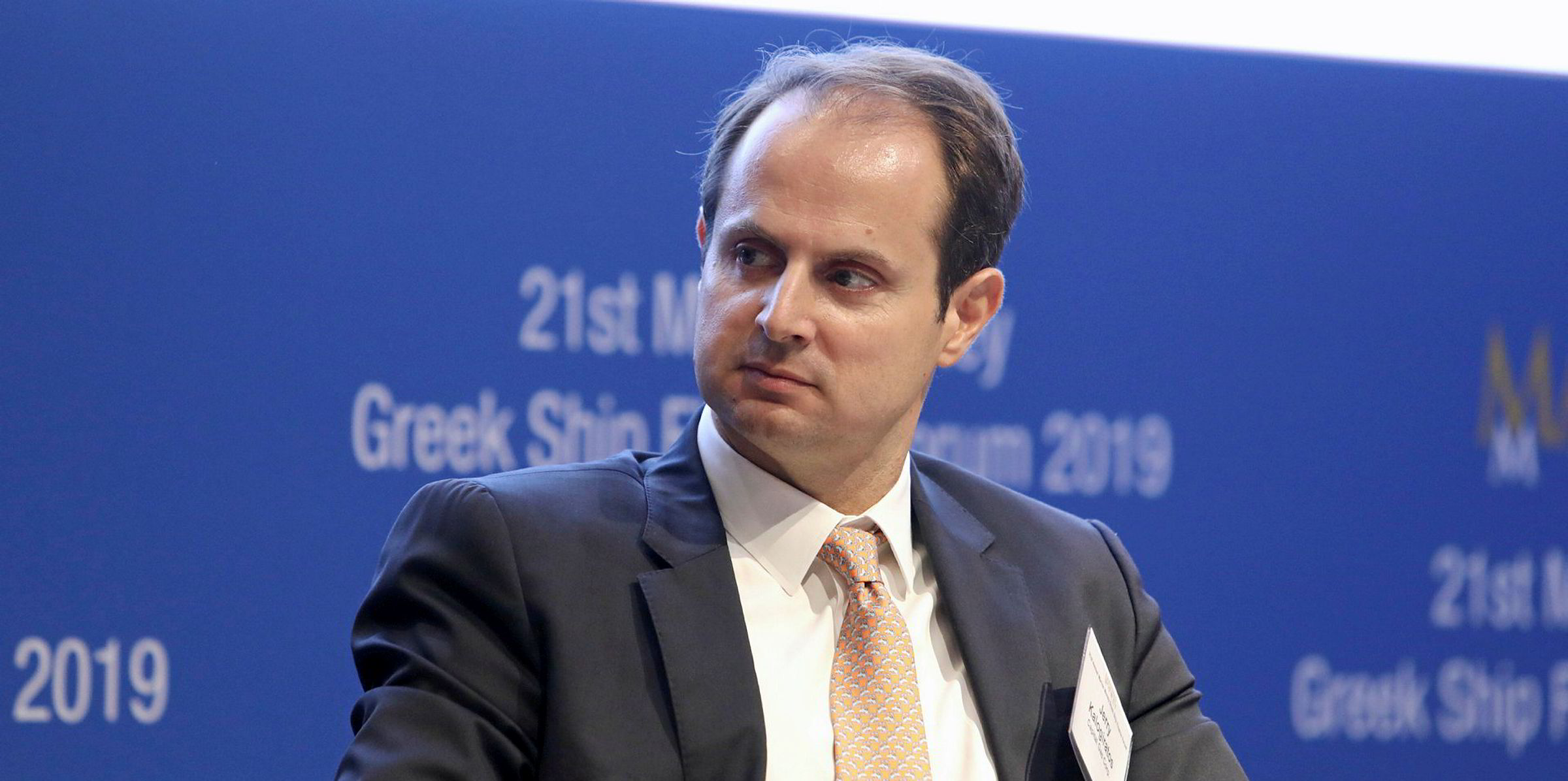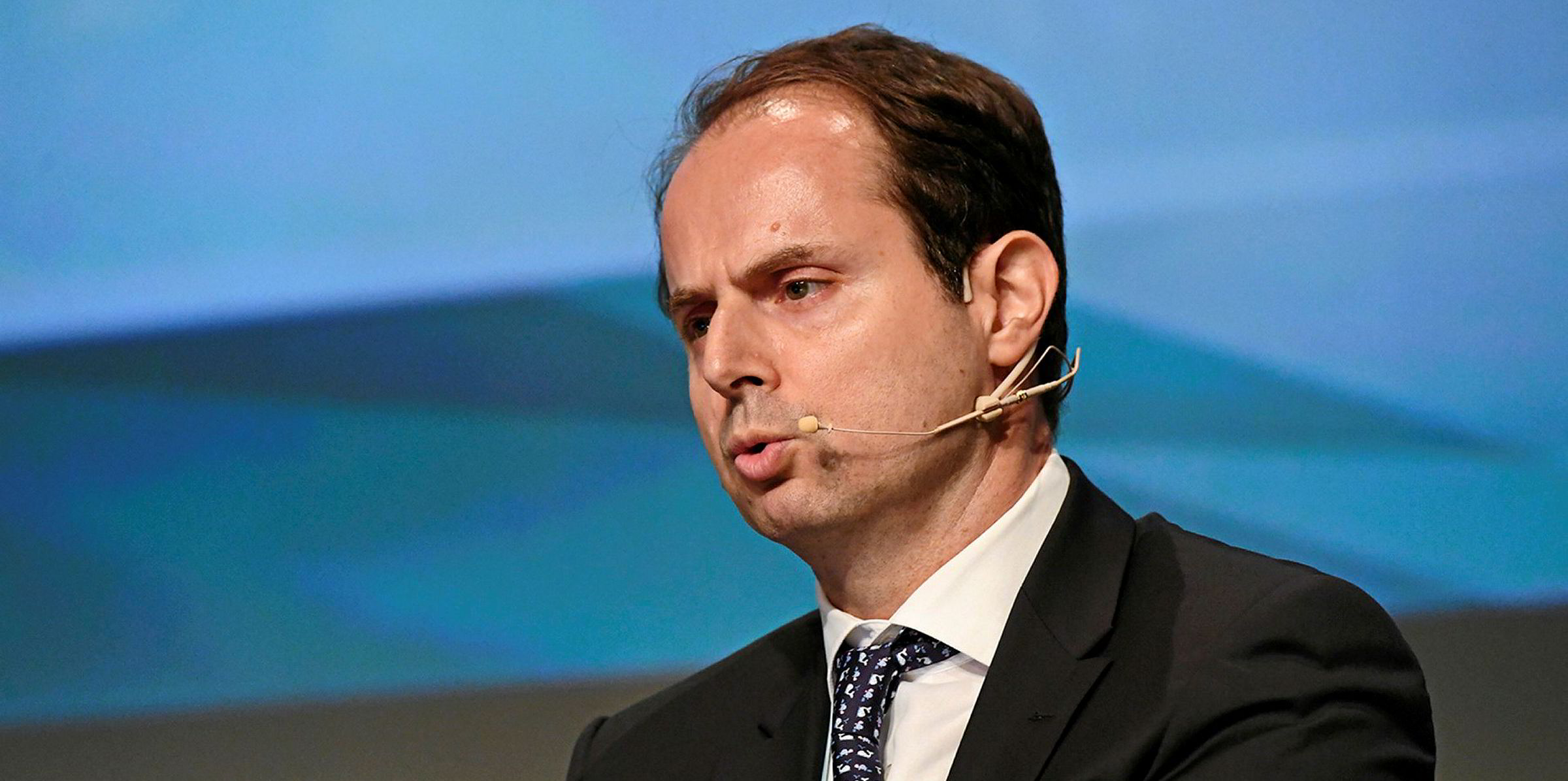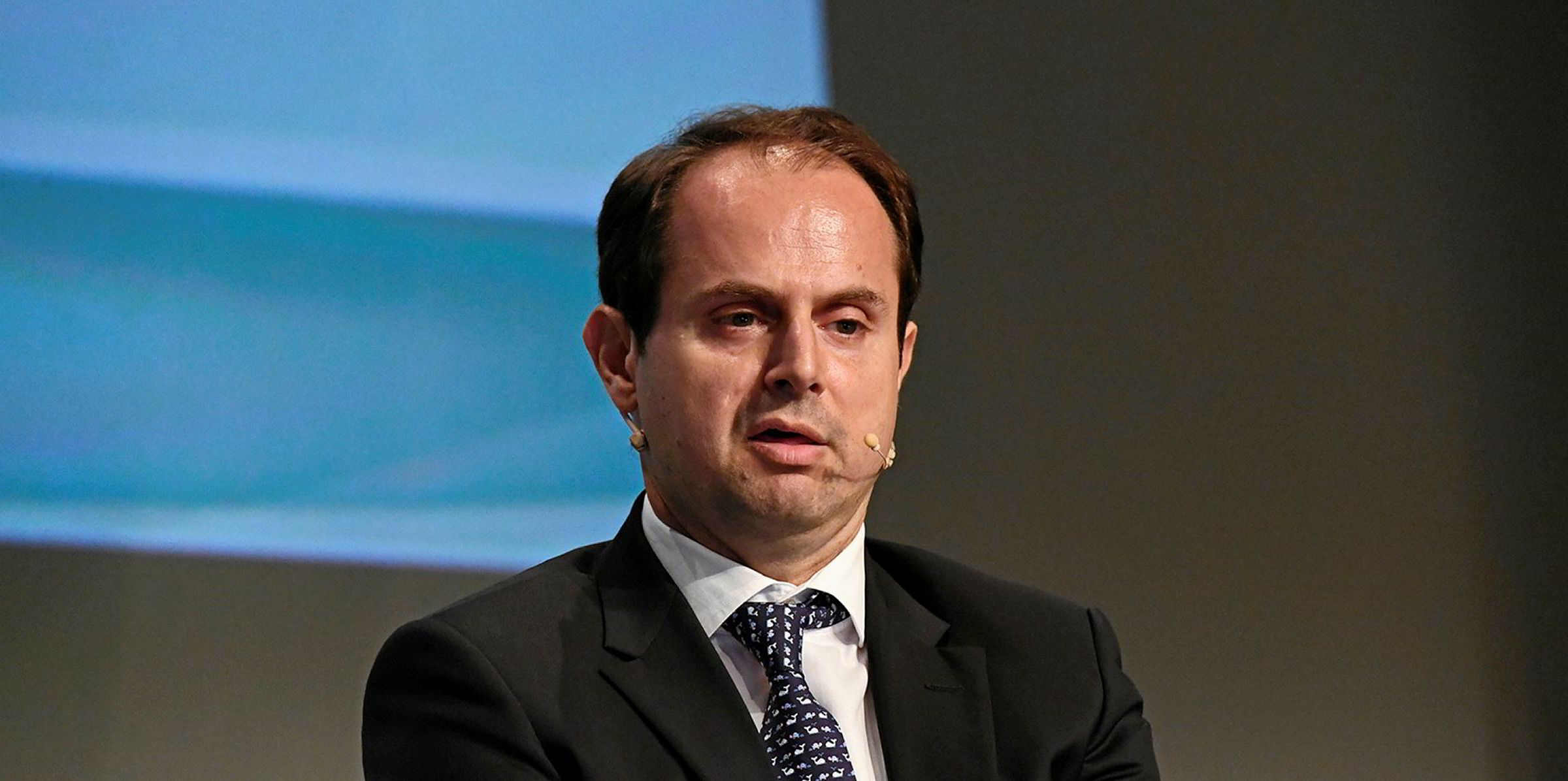Capital Product Partners (CPLP) plans to remain a master limited partnership (MLP) despite potentially forcing general partner Capital Maritime into asset warfare.
The company faced questions over its corporate structure after the shipowner slashed its shareholder payouts, leading an analyst to wonder whether the MLP structure is worth keeping.
Greek billionaire Evangelos Marinakis founded CPLP in 2007 as an MLP, which combines a private partnership's tax perks — profits are taxed if investors get distributions — with a listed company's liquidity.
The business model also allows the MLP to buy ships as "dropdowns" from Marinakis-controlled Capital Maritime & Trading, CPLP's general partner, or sponsor.
CPLP, which went public in 2008, took recent steps, however, that made Stifel analyst Ben Nolan wonder if Capital Maritime may have to compete against its own MLP for assets.
New York-listed CPLP last week lowered its second-quarter distribution to $0.10 per share from $0.35 per share amid the Covid-19 uncertainty, retaining more cash for itself.
Nolan saw this move by CPLP, which owns 10 panamax boxships and a capesize bulker after a high-profile exit from product tankers, as a sign that it may look beyond its sponsor for more ships.
"With only a small distribution, it changes the dynamic between the sponsor and the partnership," he told TradeWinds. "So this could be a catalyst for change."
Why stay an MLP?

Nolan's hunch compelled him to publicly question the future status of CPLP, which welcomes opportunities across shipping's various sectors.
"Why does it even make sense for this to be an MLP anymore at all?" Nolan asked chief executive Jerry Kalogiratos during the company's recent second-quarter earnings call.
"How do you work through that potential conflict of interest?"
CPLP plans to stay an MLP for now because Capital Maritime has invested $136m in cash or common shares over the years as majority shareholder with an 18% stake, Kalogiratos said.
CPLP is also not interested in buying Capital Maritime ships at the moment, but the sponsor will certainly give it first dibs on vessels that may pique its interest, he said.
"It could be also that there could be synergies," Kalogiratos said during the call.
"If, for example, there is a big transaction — a transformative transaction for CPLP — Capital Maritime, like it has done in the past, could be supportive of CPLP in many different ways, in getting the transaction done."
But for now, Capital Maritime is not really putting forth any asset-play candidates, given the uncertainty that the pandemic has cast over shipping, Kalogiratos said.
"So, like we have, I think, dealt in the past and as the incentives continue to be very much aligned, if anything, I think the friction is even smaller now that there are no at least immediate acquisition opportunities from Capital Maritime," he said.
"I think it is only a positive thing that we will have Capital Maritime on our side."
CPLP is also worth keeping intact because it has so much visibility into other segments besides boxships, Kalogiratos said.
"CPLP is positioned as a container company, and that's where we are looking at into the immediate future, but if there were to be other opportunities in other segments that would be highly accretive or very attractive to us or transformative, again, we have, if you want, the unique advantage of this vantage point that Capital Maritime offers to look into other opportunities," he said.
"So overall, I think it is a very positive sign."
'Antiquated'
Despite Kalogiratos' rationale for MLPs, Nolan maintained a cool reception to the model, which became popular in the 1980s for the tax benefits.
He was quick to point out that the business structure has turned off many investors because it leaves them with little control over the company, Nolan said.
"You have seen a number of pipeline companies converting or merging the MLP into the sponsor over the years, Kinder Morgan being the poster child," Nolan told TradeWinds, referring to the US energy infrastructure giant.
"I think MLPs — and marine MLPs specifically — are antiquated and the sooner any of them make the conversion, the sooner they can focus on rebuilding their investor bases."
